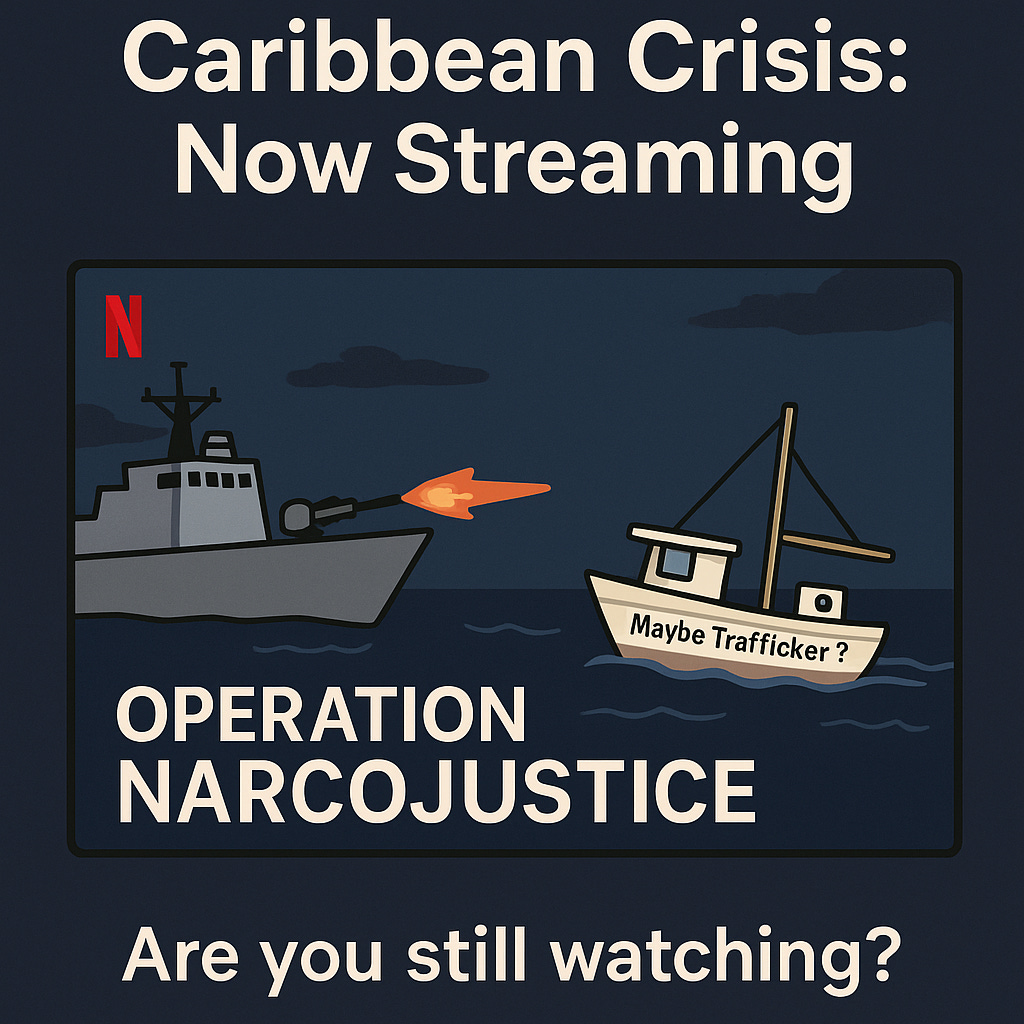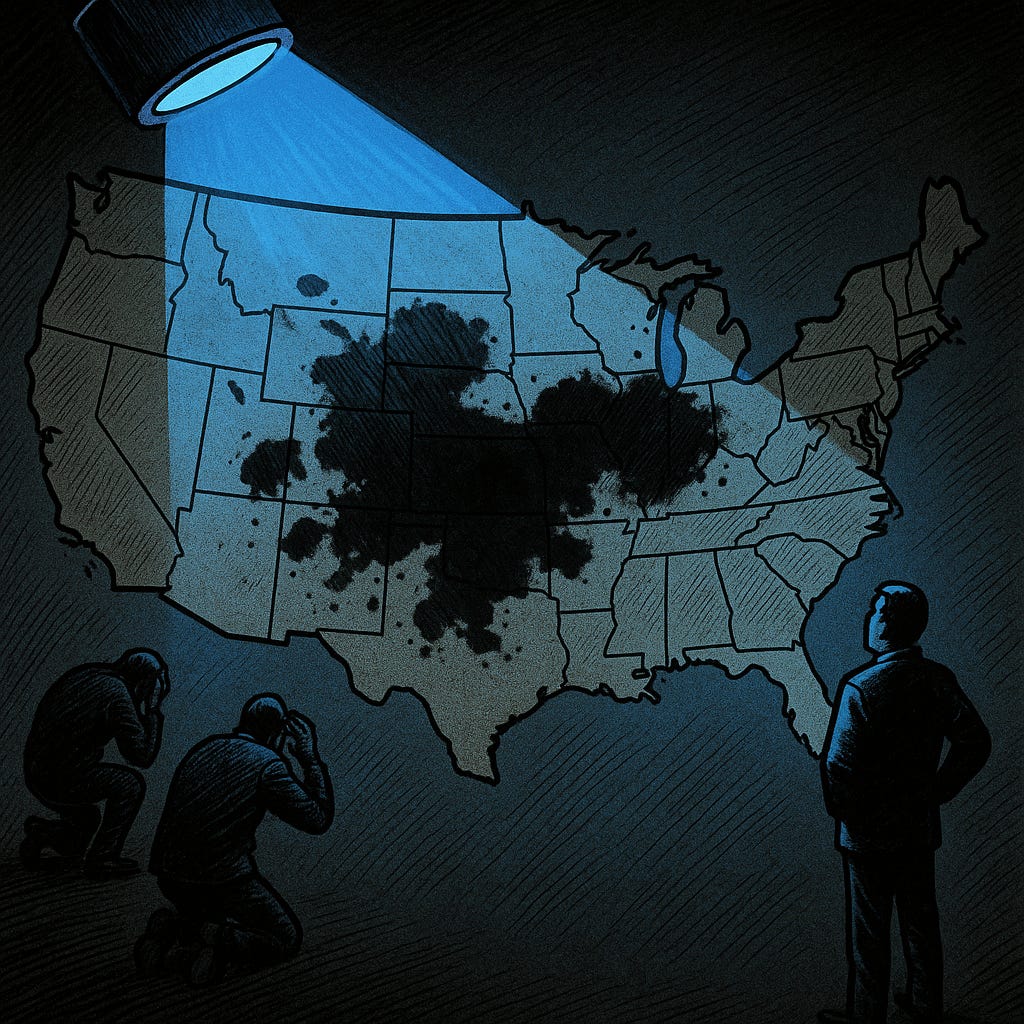Special Relationship, Special Problems
Drone strikes, old empires, and the quiet collapse of trust.

Earlier this week, it emerged that British intelligence had paused certain intelligence-sharing operations with the United States, not over ideology, but legality.
The issue?
U.S. forces, operating in the Caribbean, have reportedly launched strikes on suspected drug-smuggling boats. These strikes, allegedly responsible for over 70 deaths, were carried out without a clear allied consensus or congressional authorization. The UK, wary of being seen as complicit in what could be unlawful killings in international waters, decided to step back.
This is a pretty big deal. But it doesn’t signal the end of British-American intelligence cooperation. Instead, it suggests that one of the world’s oldest intelligence powers just sent a message to its closest partner: we don’t trust what you’re doing in your own backyard.
What makes this move even more revealing is where it’s happening. The Caribbean isn’t just America’s backyard, but it’s also the UK’s old attic. Thanks to centuries of colonial entrenchment, Britain still has overseas territories, military links, and trade routes threading through the region. British companies operate here with legal and financial frameworks inherited straight from imperial days. So when the UK hits pause on intelligence-sharing, it’s not just ethics, but also it’s strategy. It doesn’t want U.S. missile diplomacy torching a region where British influence still pays rent.
There’s a bigger trend here. America’s position as the stabilizer of the global system is fraying. We’re not just losing power; we’re losing the confidence of the very allies that helped us build and uphold this order in the first place. And they’re starting to act on that.
A Pew Research Center report, published June 11, puts numbers to the shift. Confidence in Trump’s ability to handle global challenges is low across much of the world. In a 24-country survey, the median level of confidence was just 31%. Europe, Canada, Australia? Deep skepticism. Even in the UK, only 34% expressed confidence in Trump. Where confidence is higher, in Nigeria, Kenya, and Israel, it reflects specific geopolitical alignments, not broad trust in U.S. leadership.
But here’s the real kicker: this isn’t just about Trump. As writer Jonathan V. Last has pointed out, the issue isn’t his decisions alone. It’s that the American people endorse them. That’s what worries our allies. When they see large swaths of the U.S. electorate back unilateral military actions, disregard for international norms, and erratic foreign policy, they realize they may be tethered to a partner they can no longer predict.
And that matters. Because global order doesn’t just keep the peace, it props up markets. If Latin American states begin to wobble under the weight of kinetic drug war tactics, investors pull out. Corporations go cold and migrants flow. Instability travels. The dollar stays king not because it deserves to, but because the U.S. still plays (or pretends to play) by the rules. The second that illusion cracks? So does a big part of the system.
At the same time, there’s an understandable rage in parts of America that have never seen the benefits of this global order. Places where globalization meant cheap goods, not good jobs. Where communities hollowed out and opioid deaths filled the silence. For many people, “international stability” is a phrase you hear on TV while your town gets boarded up. And cheap goods don’t fill the hole where dignity used to be. That leaves a wide opening for demagoguery and strongmen.
So yeah, we’re living through weird times. Our closest allies are going public about their doubts. Our global reputation is slipping. And at home, more and more Americans are tuning out from a world order they no longer believe serves them. The UK pulling back intel isn’t just about boat bombings. It’s a flare in the dark. Something’s shifting.
And the rest of the world smells smoke.







